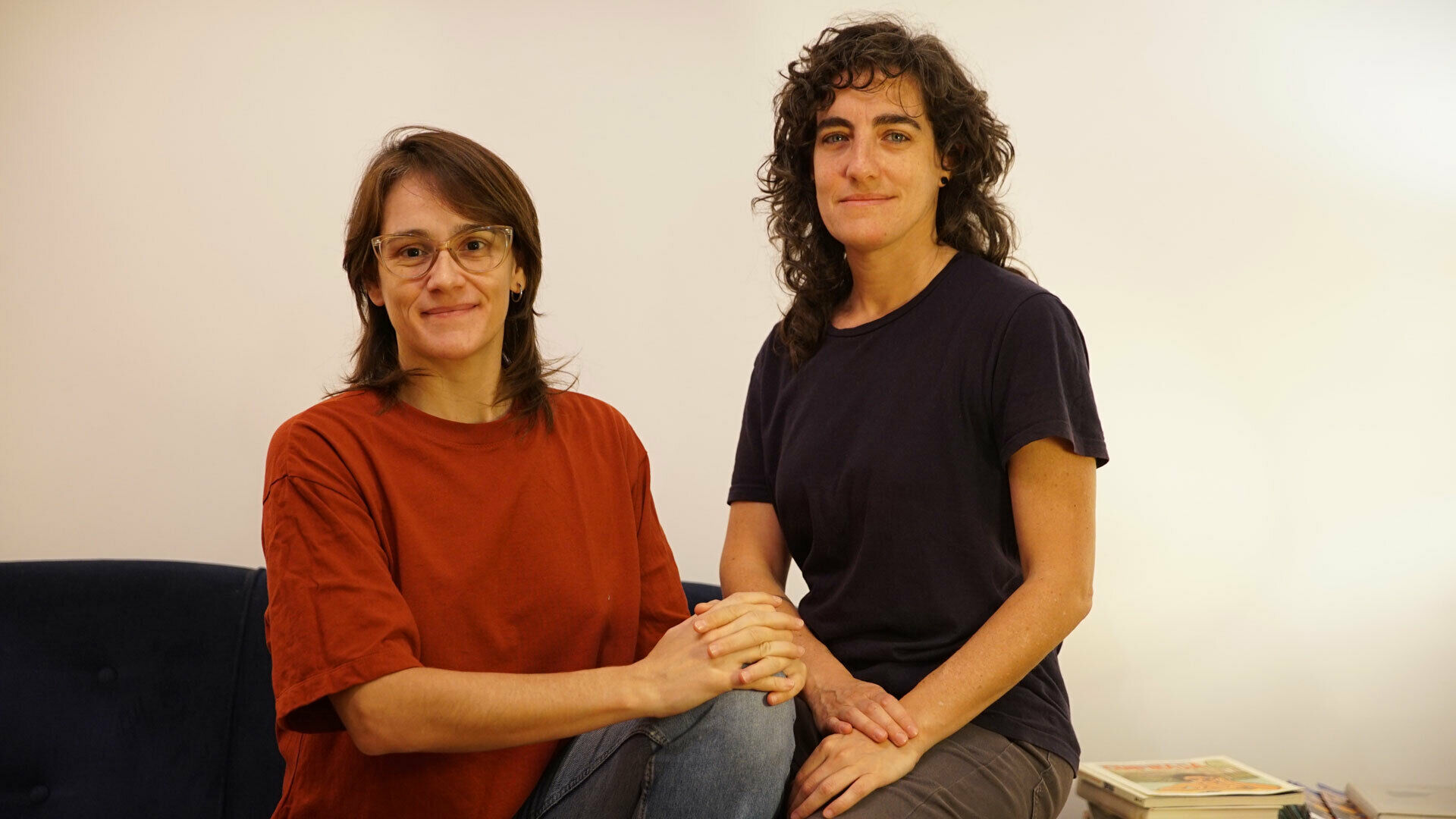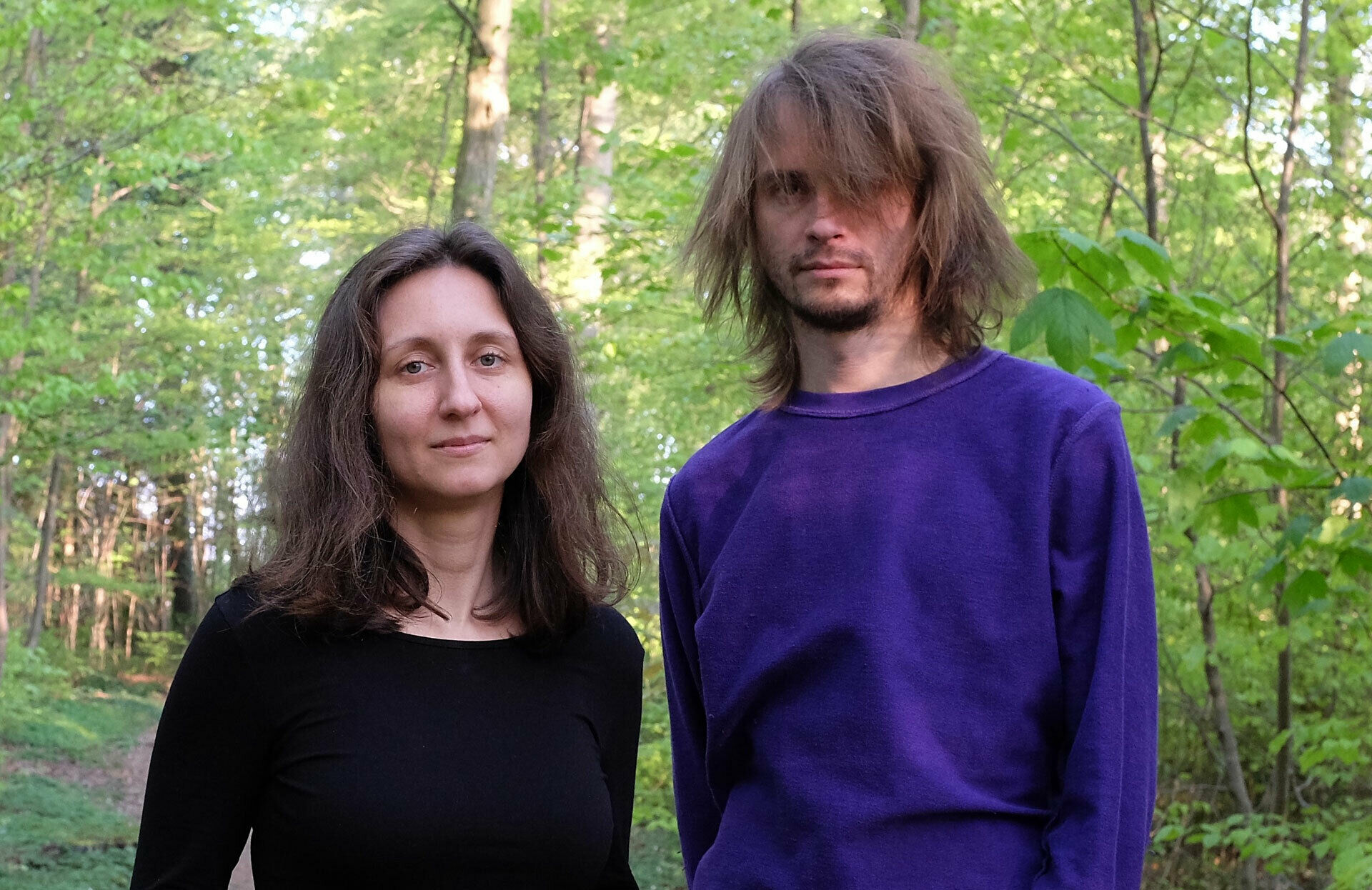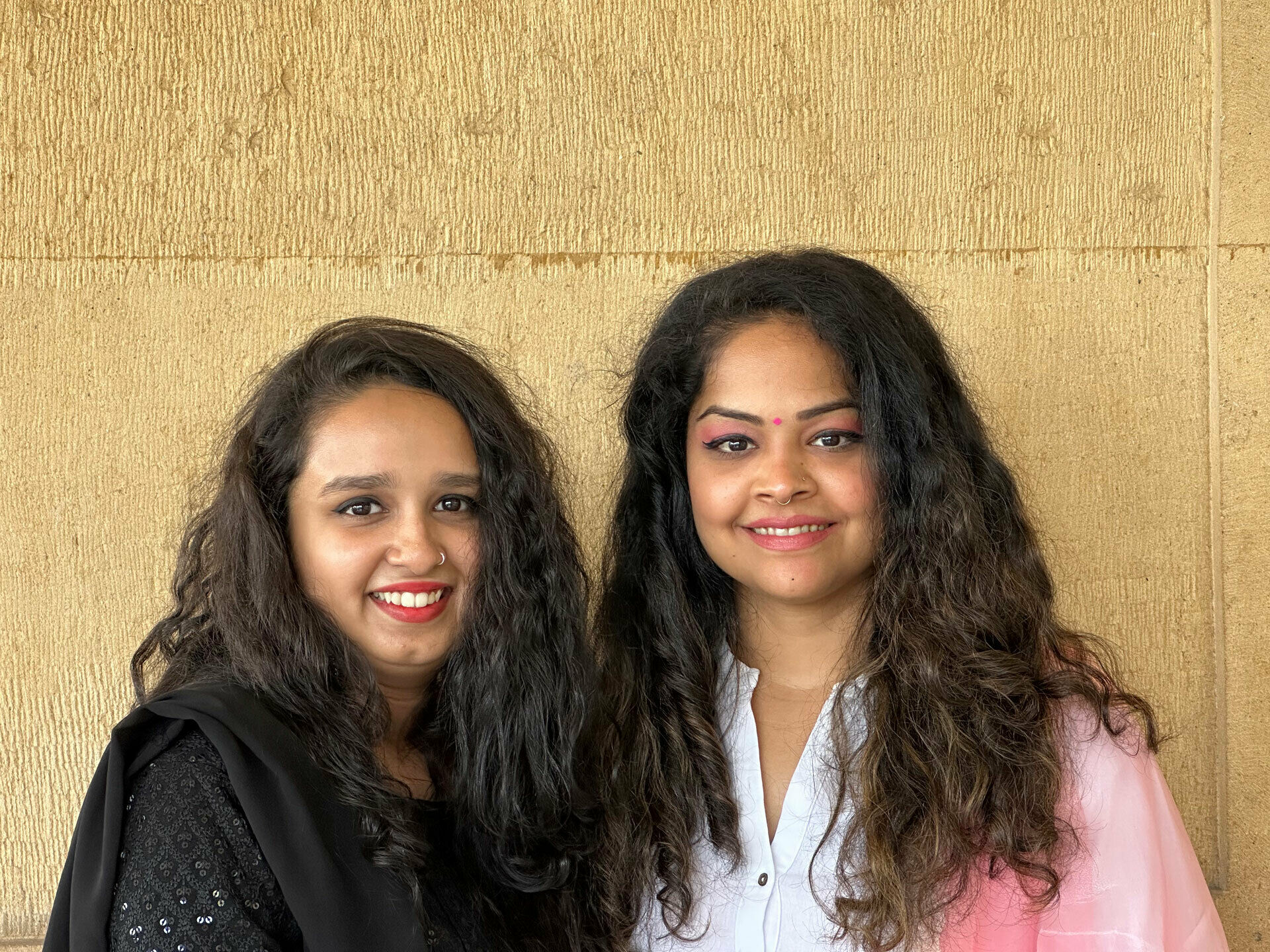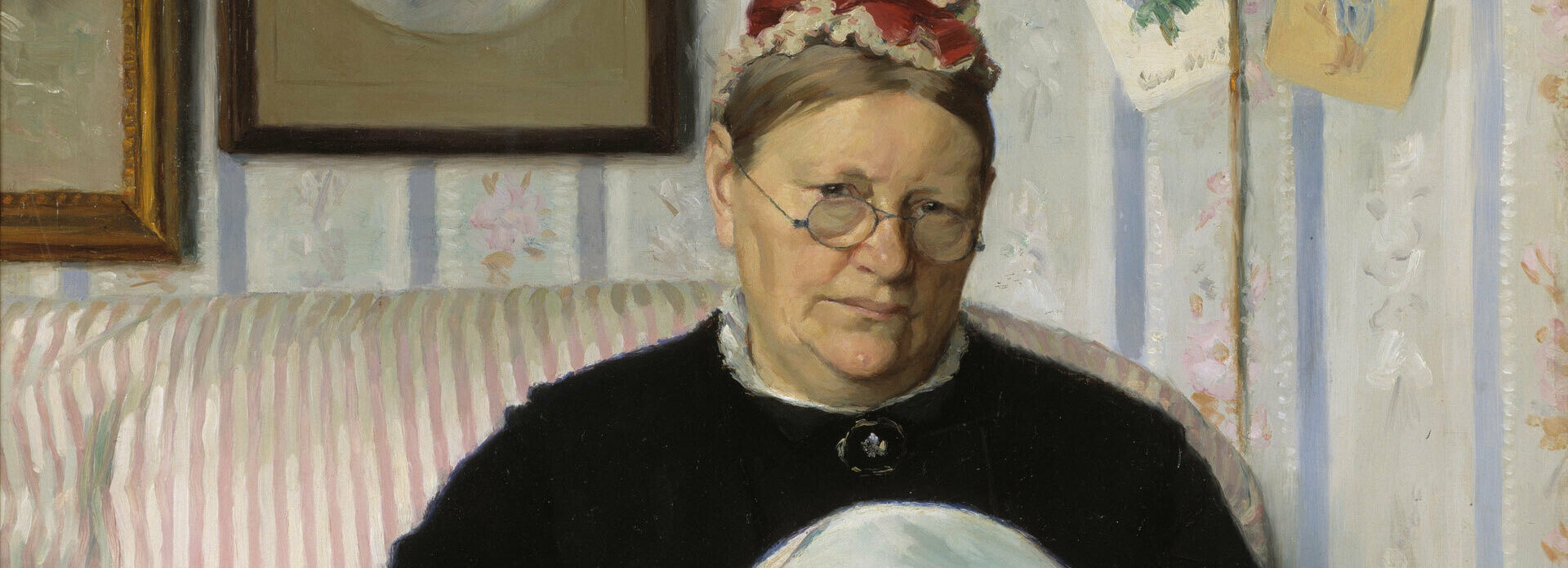As part of the NEO Collections project, the Nationalmuseum invited three international fellowship groups to take part in a digital residency to help us discover unexpected connections between parts of our portrait collection and contemporary life. The digital residency took place between 18 April and 13 June 2023.
The Nationalmuseum's collections contain art from the Renaissance until the turn of the 19th century. The museum also has the responsibility for the oldest portrait gallery in the world, the National Portrait Gallery of Sweden. Started in the 16th century, the collection today contains more than 5 000 works from around 1500 to the present day. Almost all the portraits from the period before c. 1900 show Swedish royals, nobles, and officials.
But is art just about nobility and high office? In this 2-month residency we wanted to focus on the lesser-known subjects and those less exposed in our portraits. Moving away from established interpretive approaches, Eurocentric ways of looking as well as established methods, the Fellows could look at the portraits through the lenses of their own practice and help us, how to reframe our relationship with this digitised collection and make it more visible. The three fellowteams come from all over the world and have diverse backgrounds and experiences in interacting with art.
Josefina and Julia

Julia and Josefina. Private photo.
Josefina Itoiz has a degree in Sociology, specialized in Gender Studies, diversity, and the history of women. She is a professor at the University of Buenos Aires, Argentinia, and a documentary and fiction scriptwriter. Julia Martinez Heimann is a filmmaker and cultural manager. In her works, she addresses, among other topics, the labor rights of artists, diversity, and the empowerment of women and girls.
Both met in the LGBT+ activism in 2018, and since then, they have been developing together editorial and audiovisual projects, frequently related to social demands and the promotion of rights. In their everyday life, they read aloud a lot, discuss ideas, write with four hands, and enjoy shared creativity.
Maria and Kirill

Maria and Kirill. Private photo.
Their collaboration and friendship started with a conversation about landscapes. Since then, they decided to merge their thinking on questions of sense of place, responsiveness to the environment, and affective and experienced-driven perception of the world. While moving across and beyond Switzerland, the UK, and Sweden, they are symbolically rooted in their hometowns of Moscow and Ustinov and bring along the idea of aerial roots as they build new trajectories and create new personal maps. Their shared interest in museumscapes derives from their individual practices that span artistic, discursive, curatorial and research work. Be that a museum delivered in a diplomat briefcase to the pop-up Embassy of Microterritories or a participatory project reimagining an ethnographic museum in the North of Russia, they strive to create conditions for the emergence of personal coordinate systems that could help navigate insecurities, emergencies, and a feeling of being disconnected.
Priyanka och Prekshaa

Priyanka och Prekshaa. Private photo.
Prekshaa Malu and Priyanka Parulekar are an unlikely duo that became pandemic friends on social media. They share similar thoughts on art, literature, philosophy, mental health, gender identity and sexuality. Together they represent the growing struggles and joys of millennial and Gen- Z women in the current world, coming from the maximum city of Mumbai, India. Besides, both are loving cat moms to Lucky and Euro.
Prekshaa is a content strategist and communications manager. She has 10+ years of experience in the media industry. At the beginning, she was a journalist covering the Art& Culture segment for Mumbai’s leading news publications. She creates abstract self-portraits as a hobby.
Priyanka is a student of psychology, literature, and philosophy. She is a writer and art enthusiast. She is passionate about accessibility and has formed a thriving community for neurodivergent folks in India. Born and brought up in Mumbai, she writes in three languages, English, Hindi, and Marathi, and is learning a fourth, French. She hopes to make unfettered access to art for everyone a reality.
Find out more about the NEO Collections project.
Funding
NEO Collections is funded by the German Federal Cultural Foundation as part of their Digital Culture programme. Funded by the German Federal Government Commissioner for Culture and Media.

